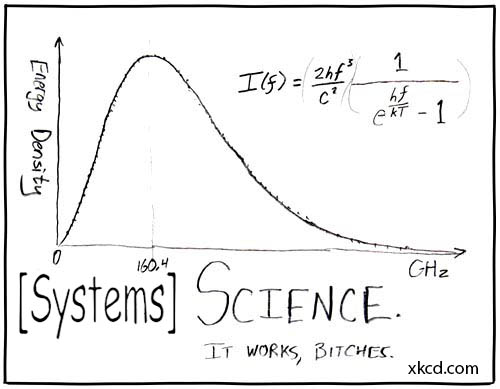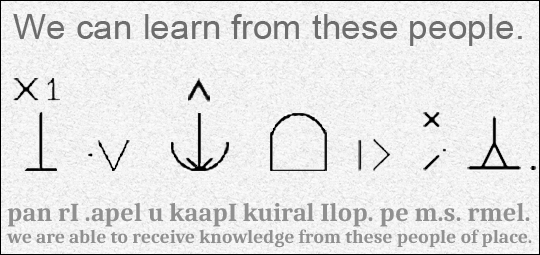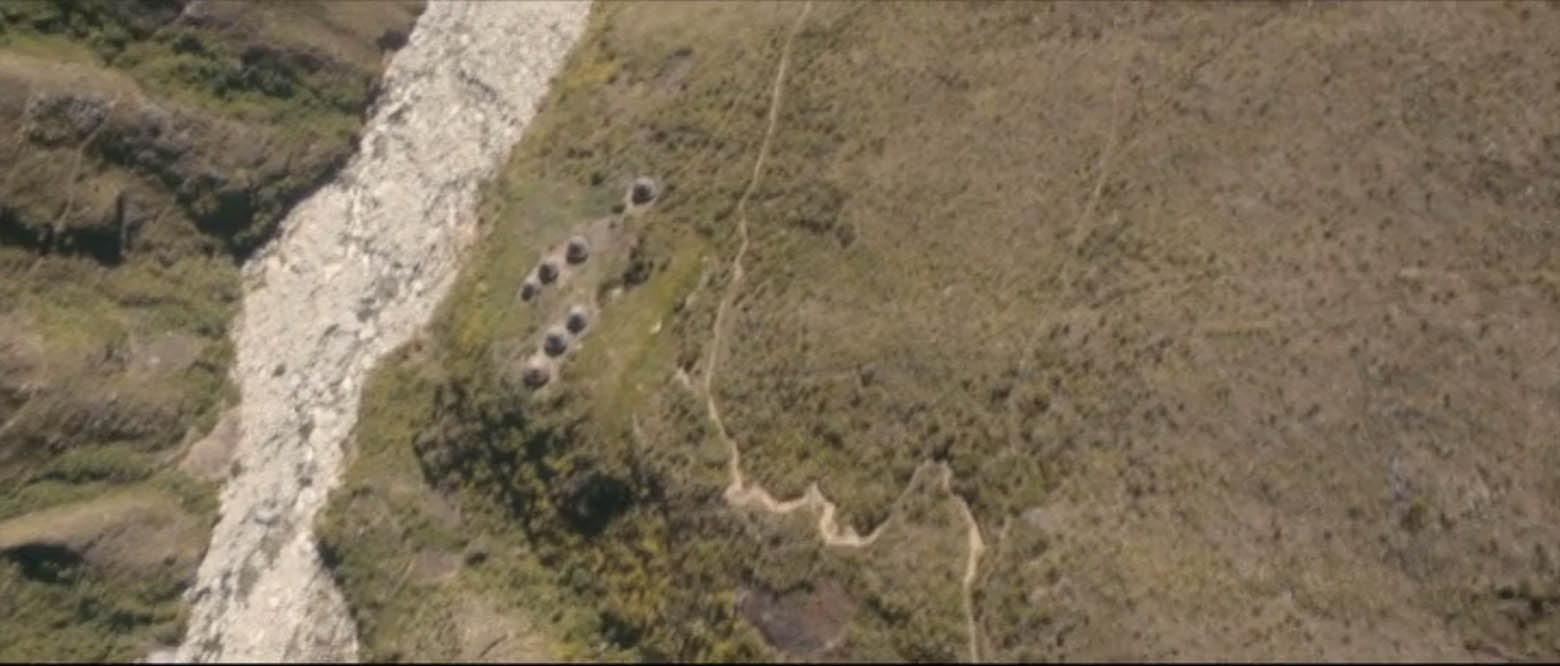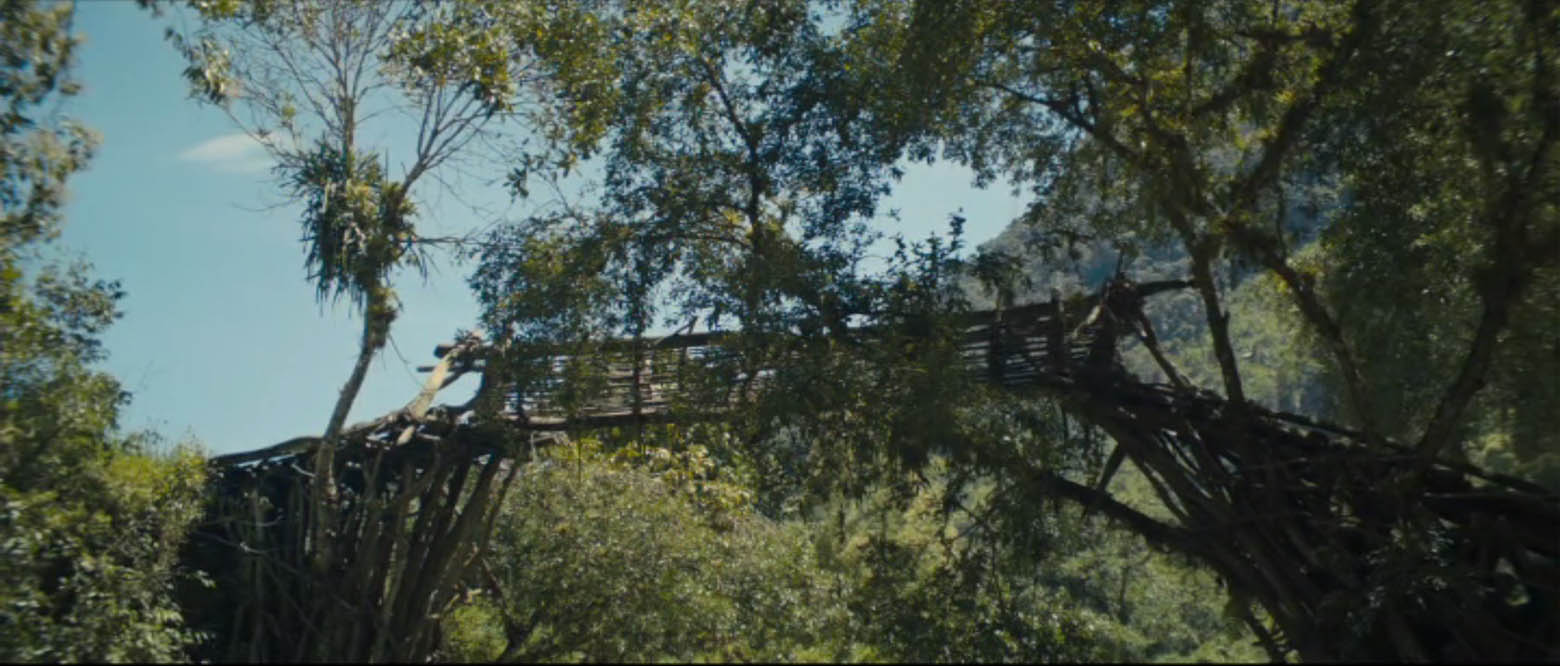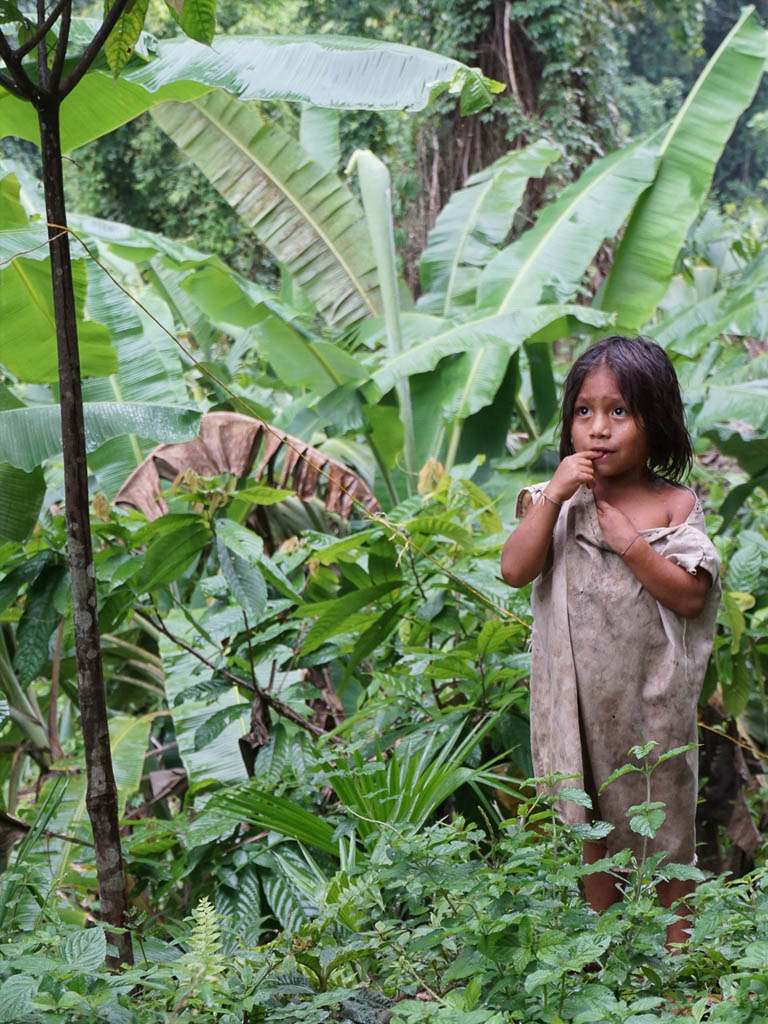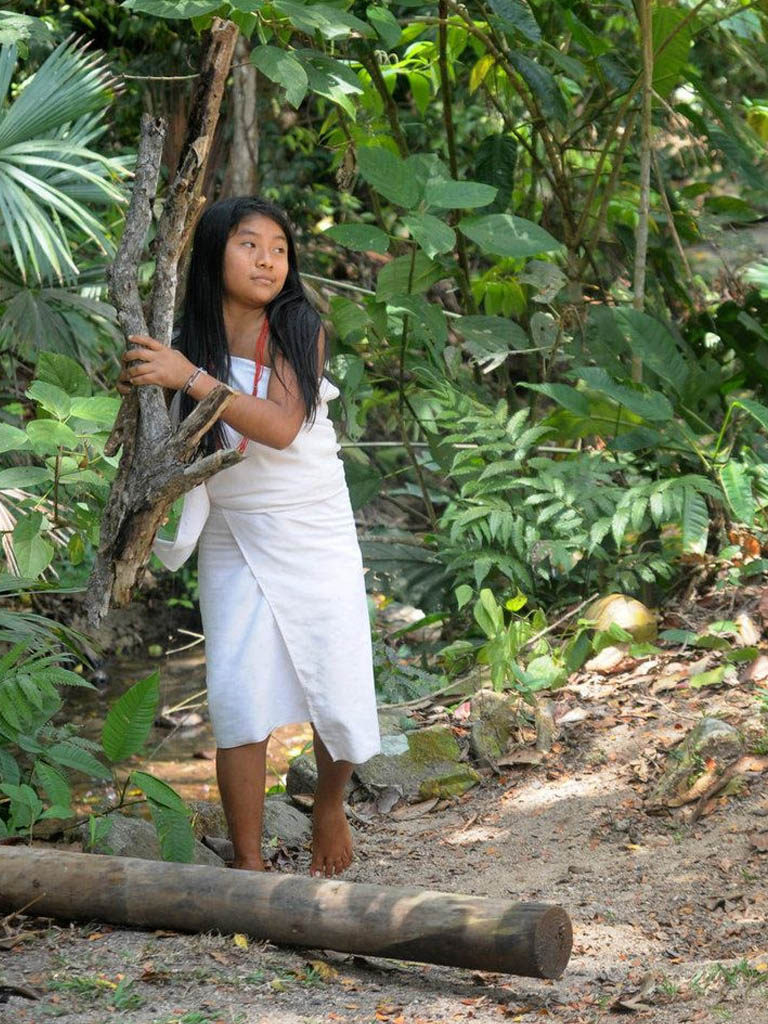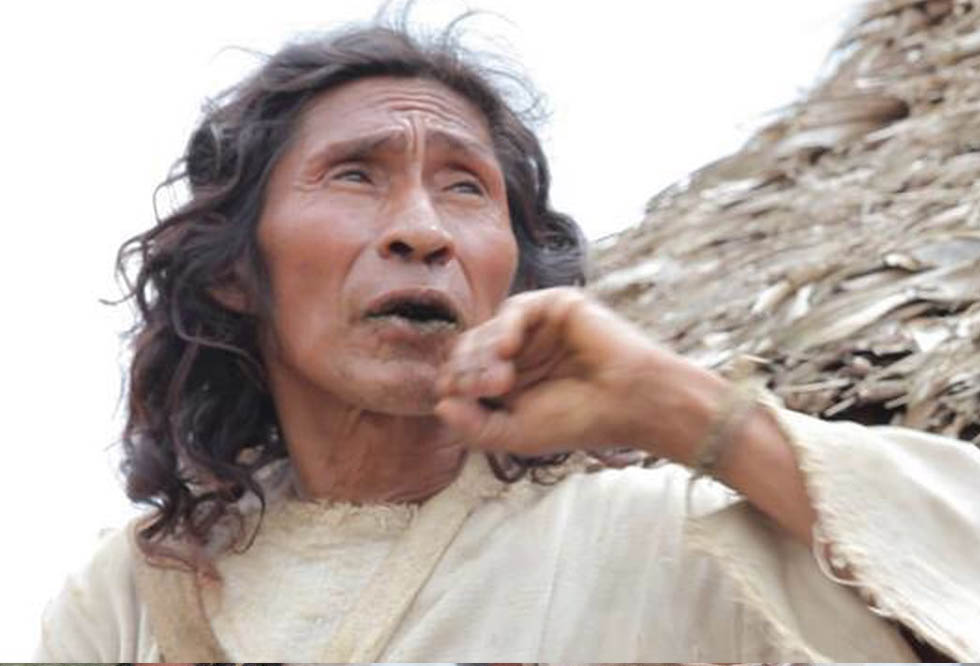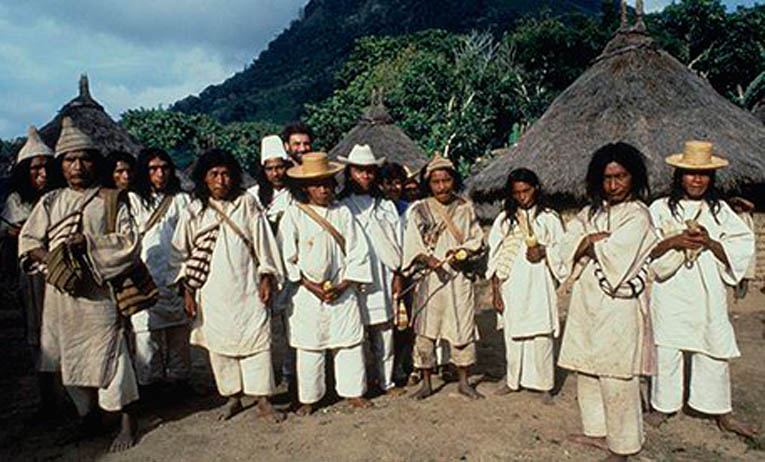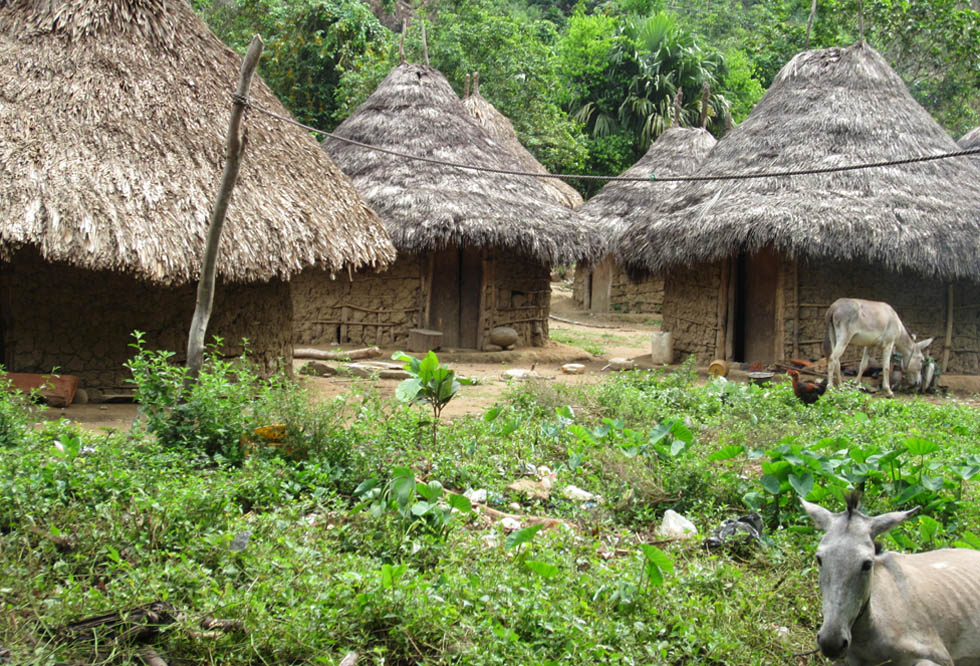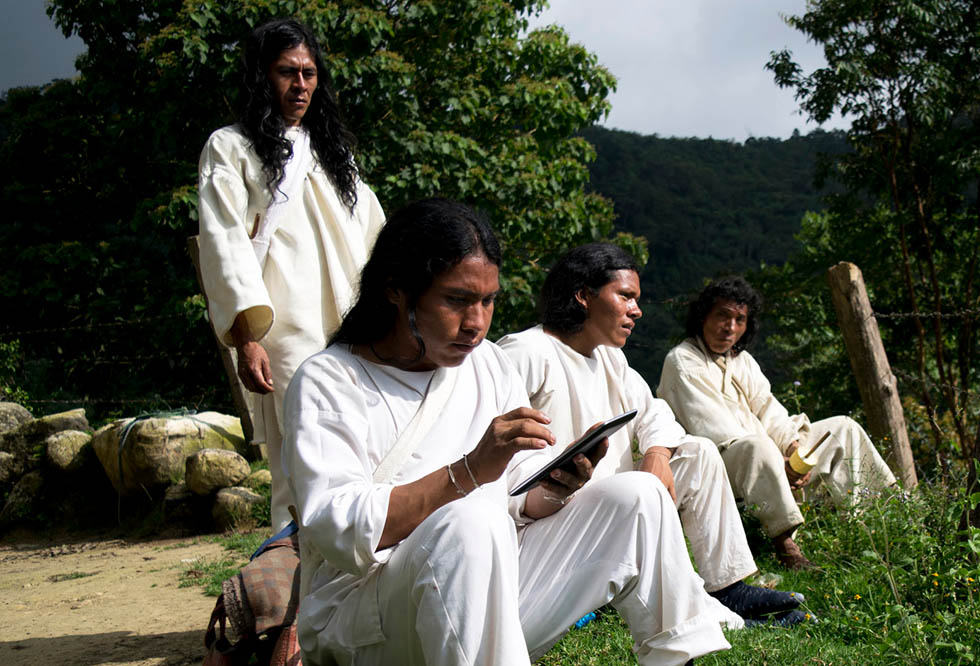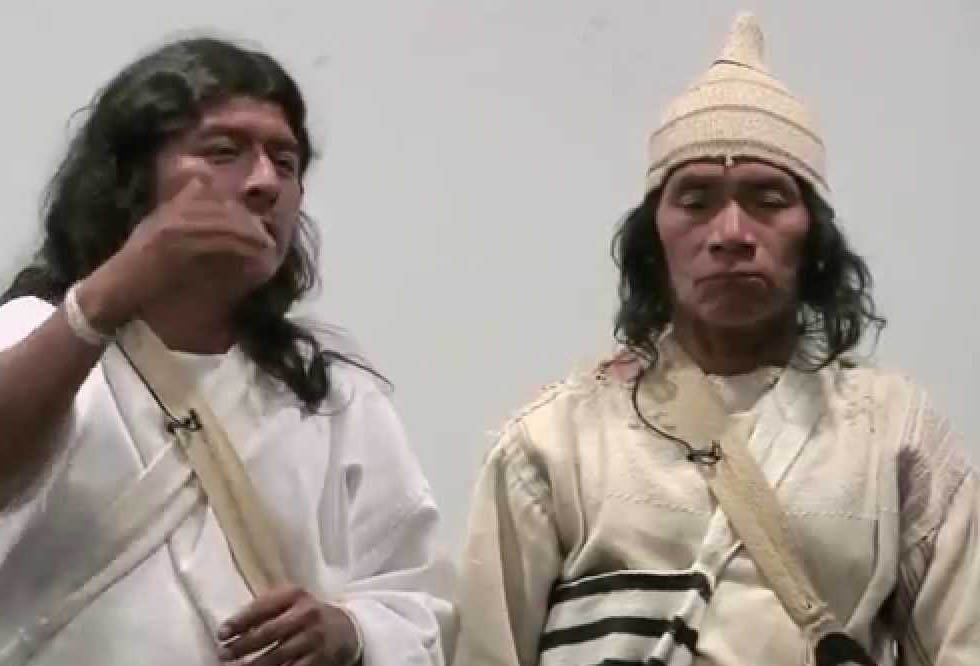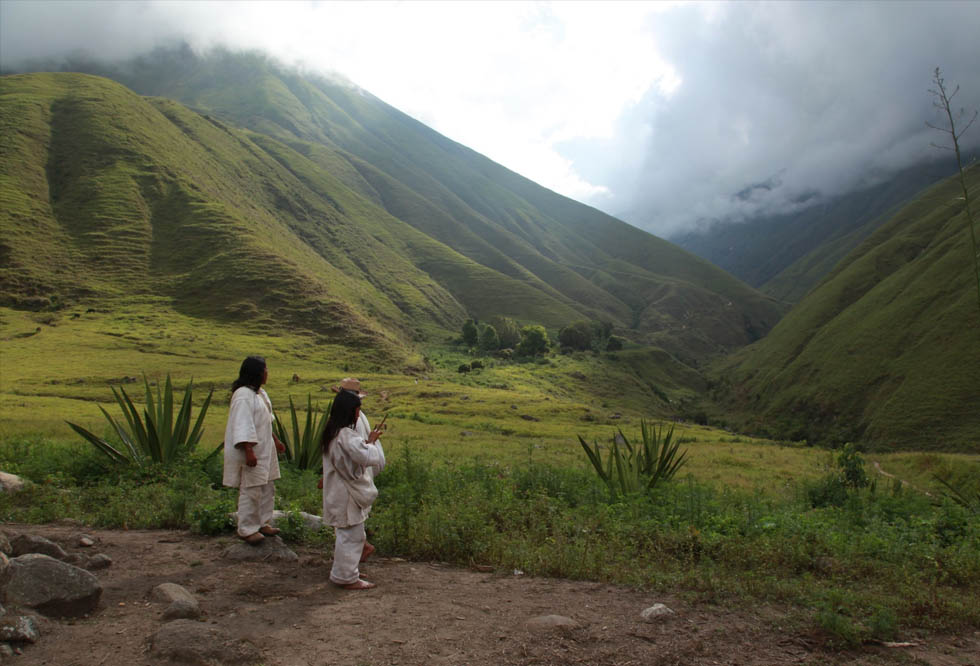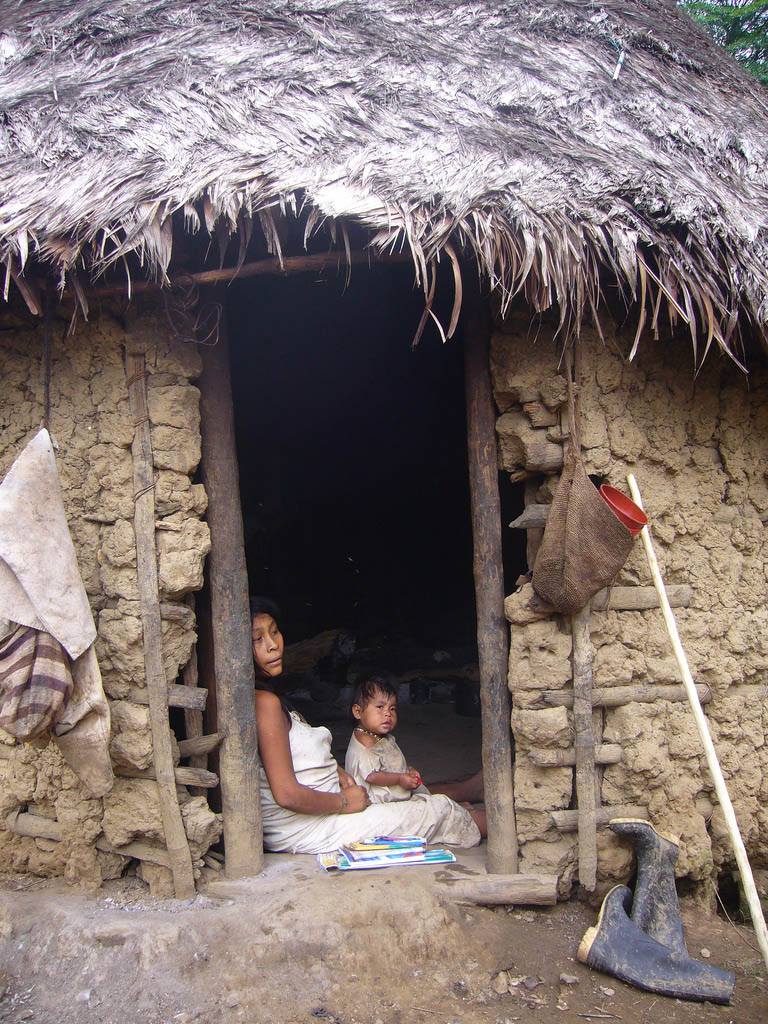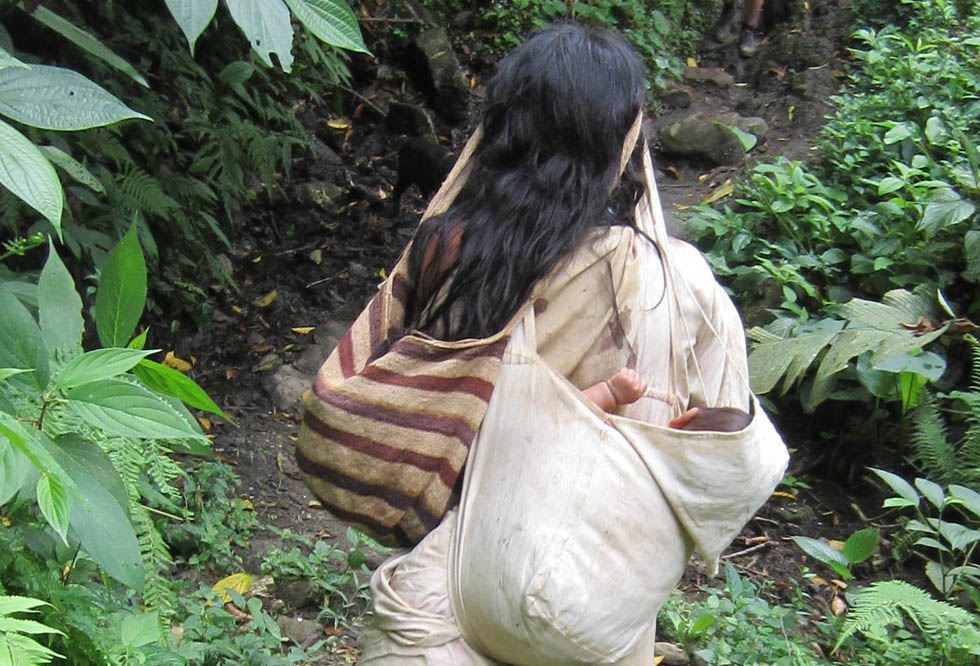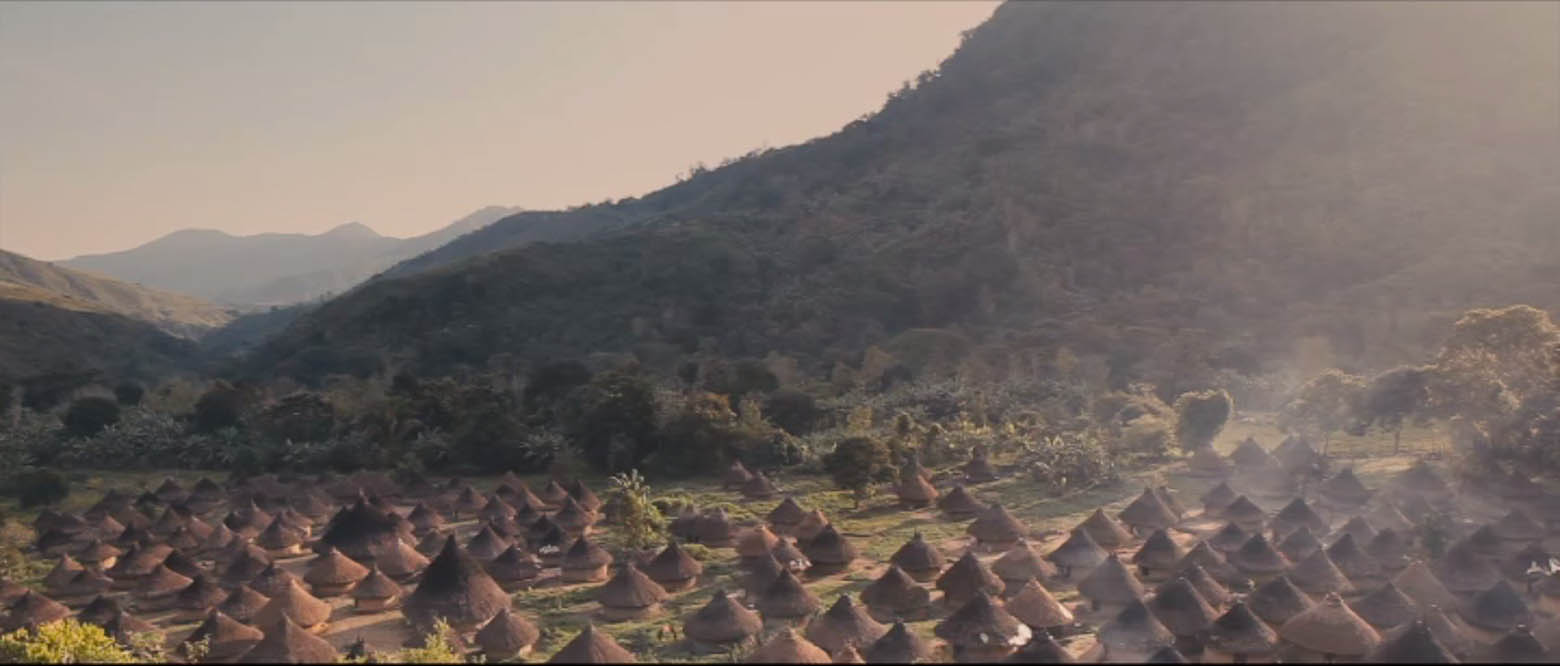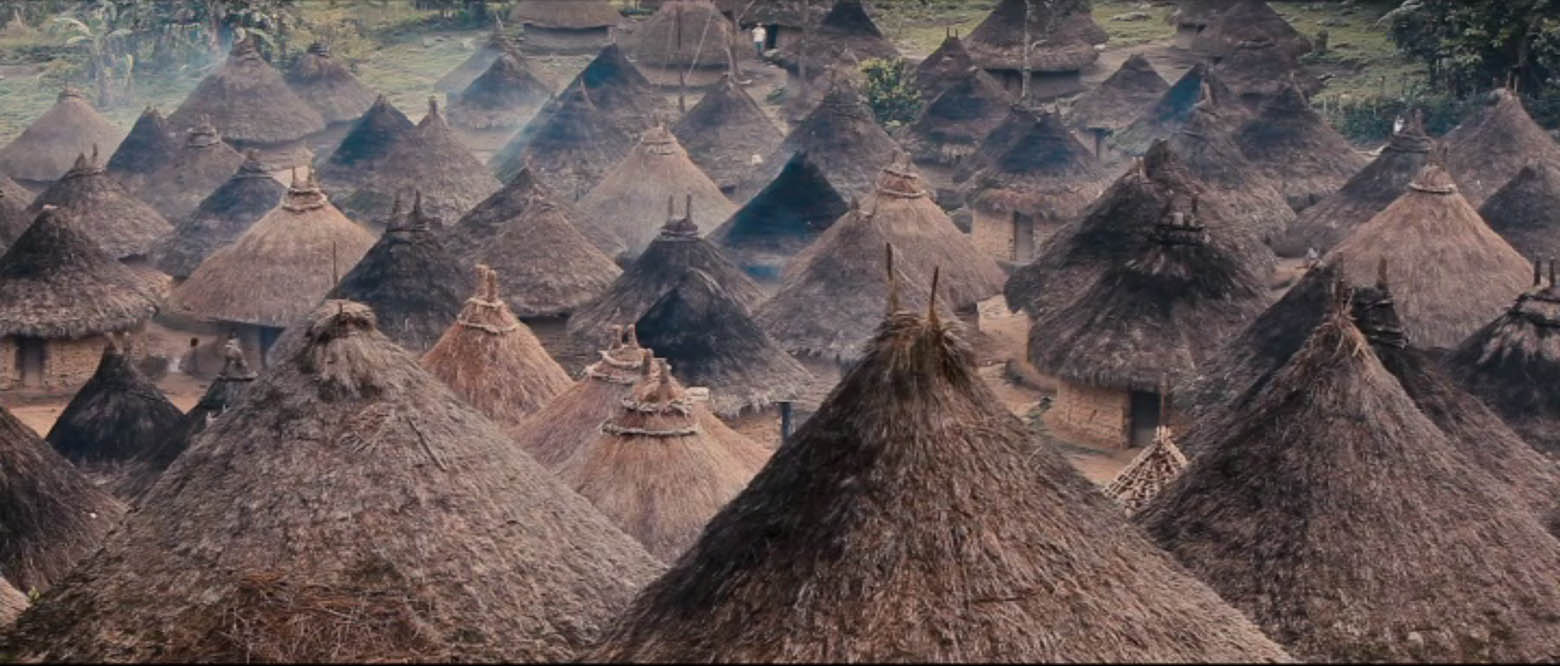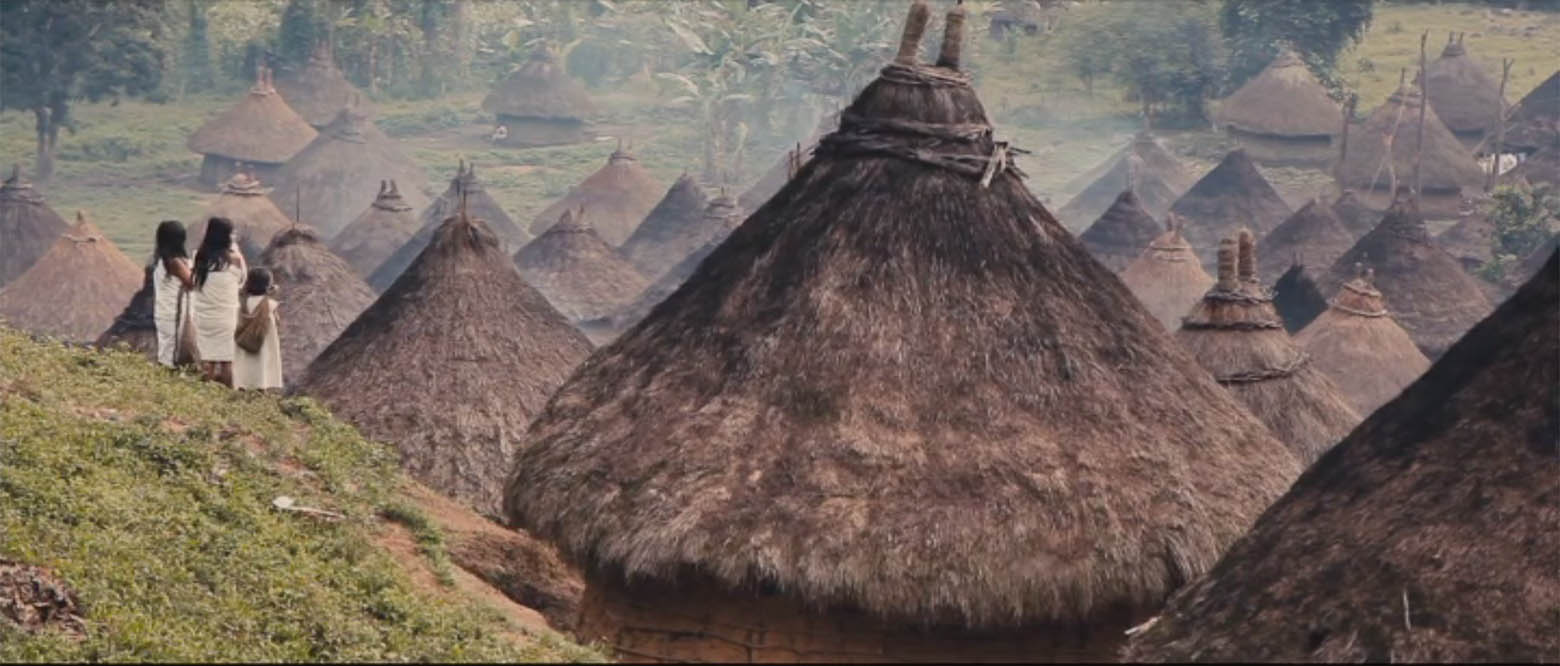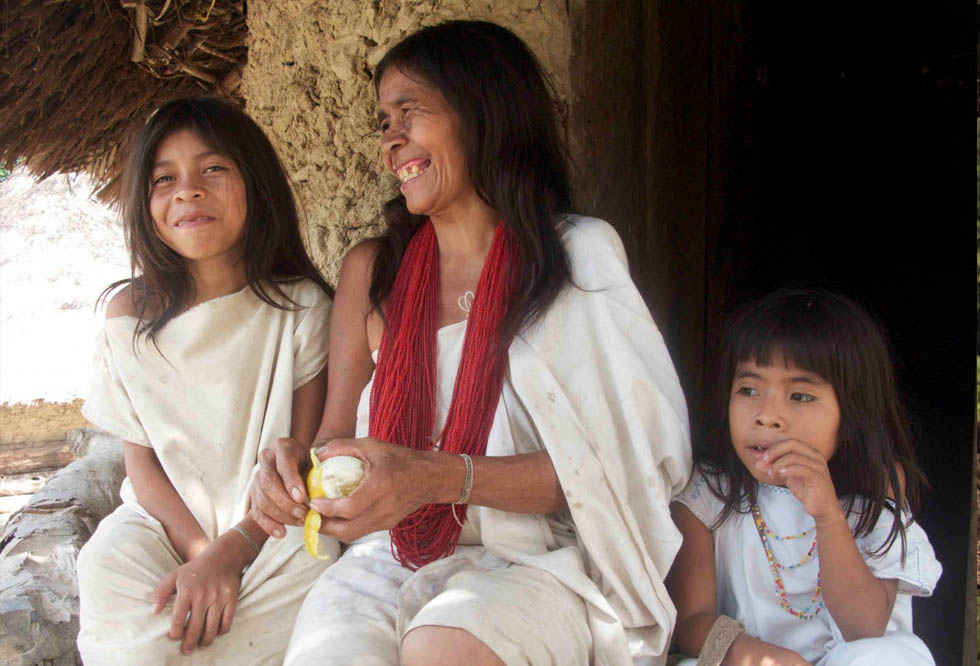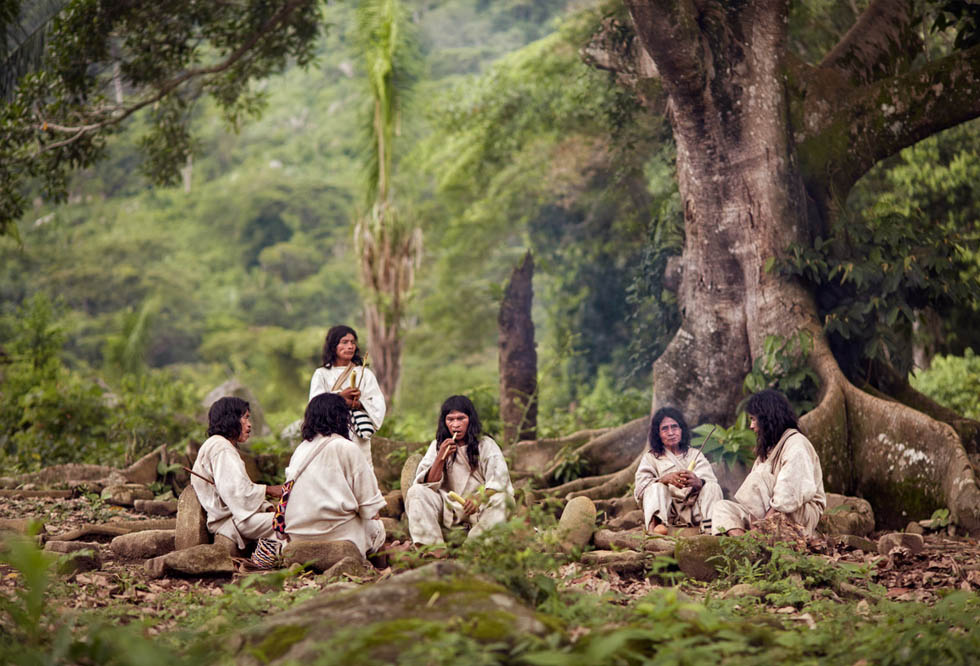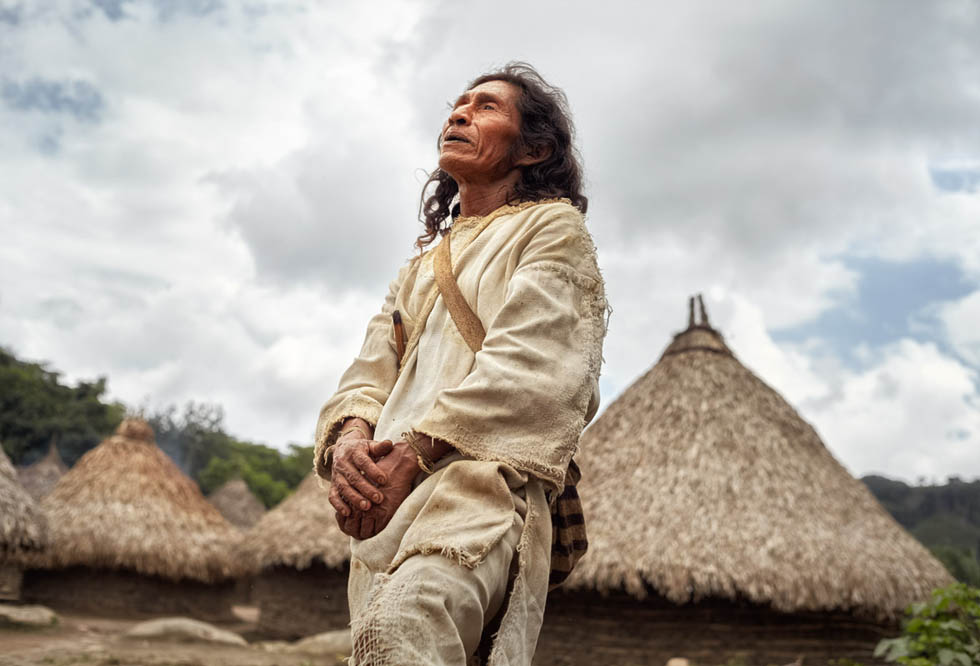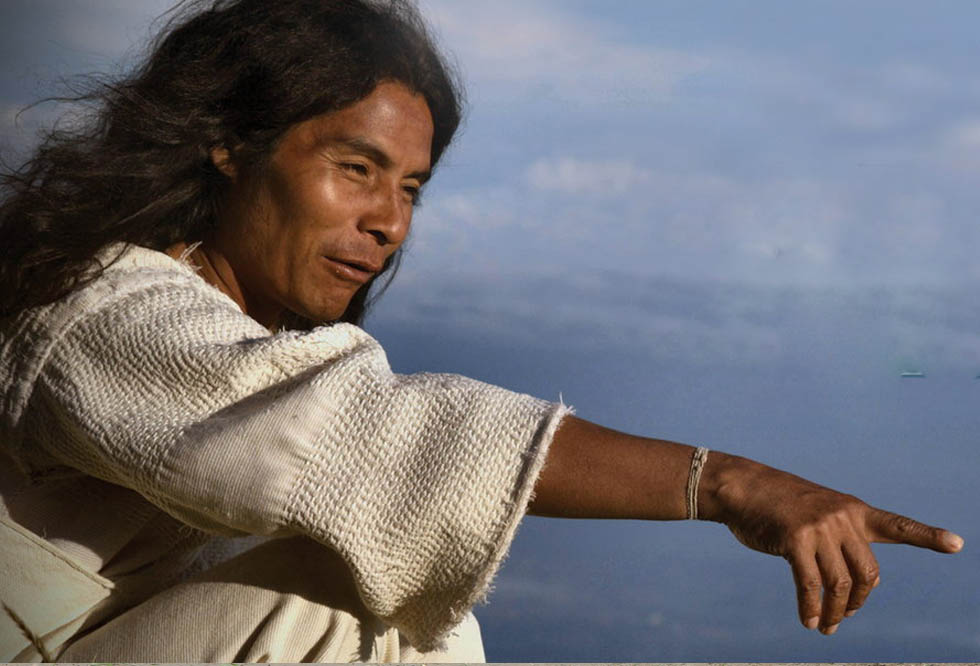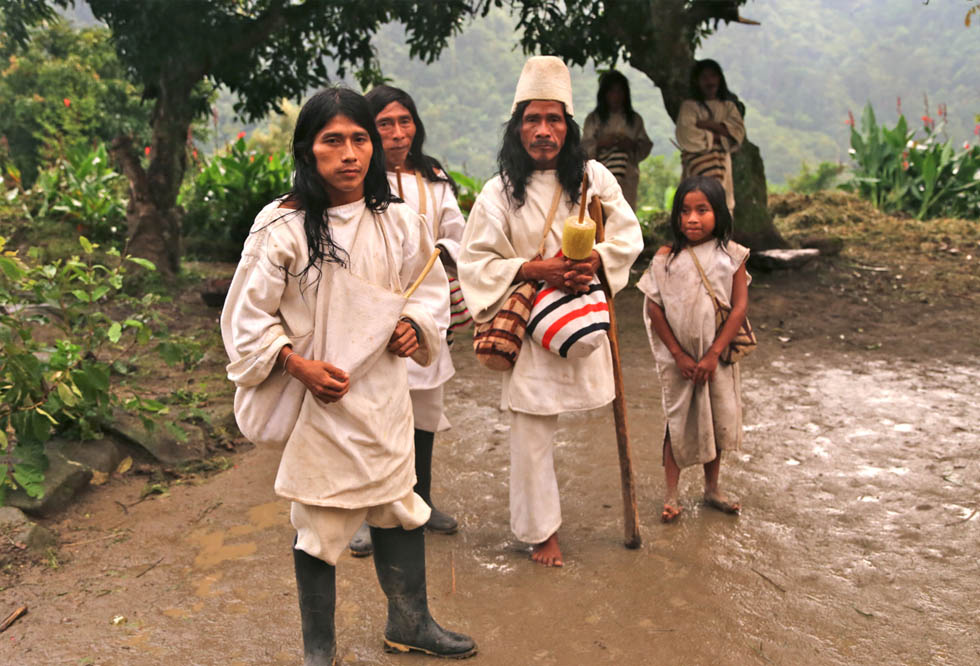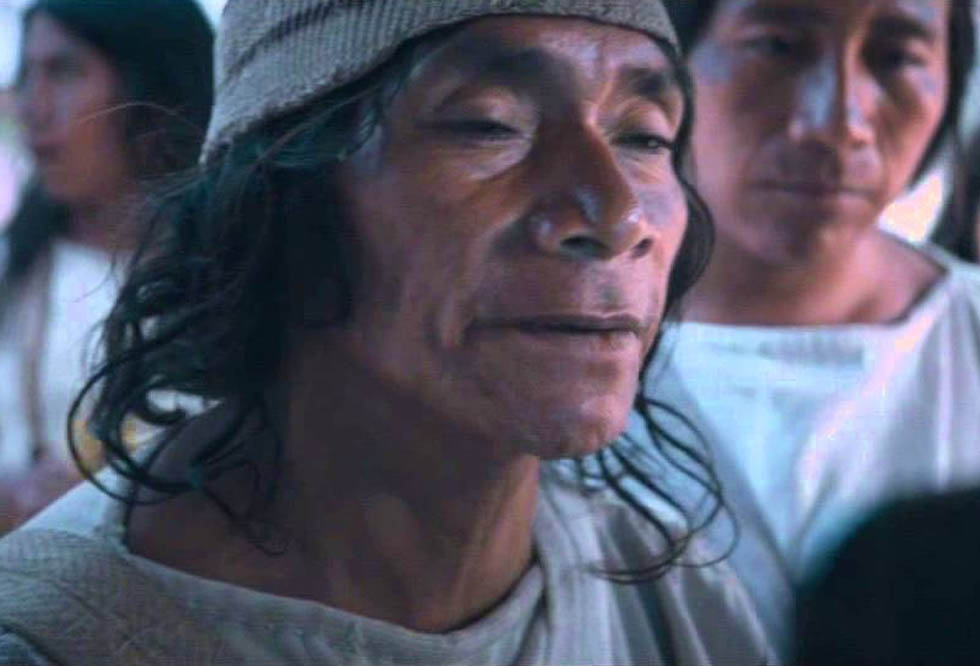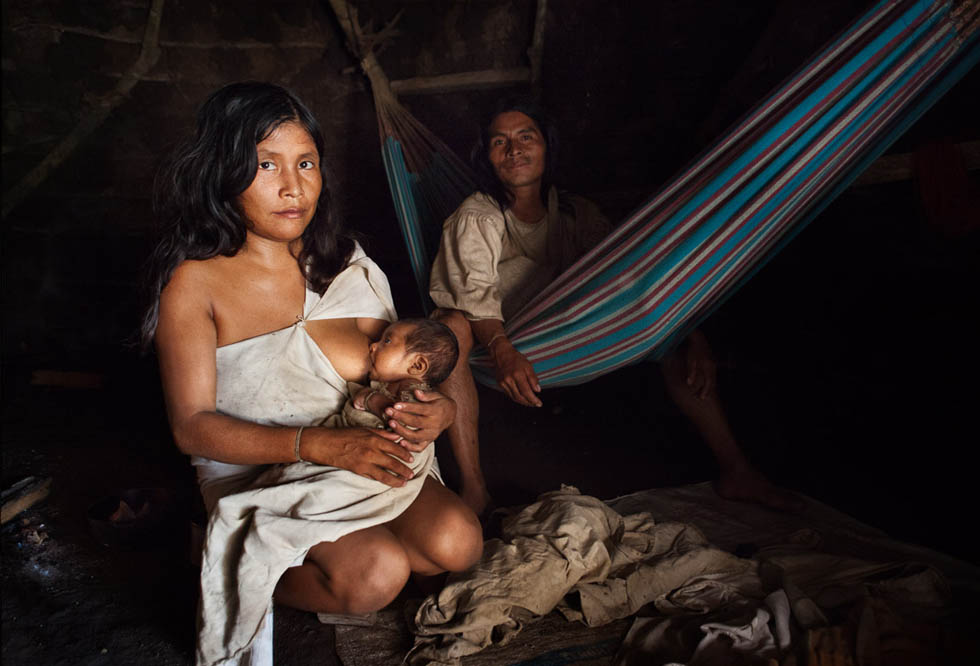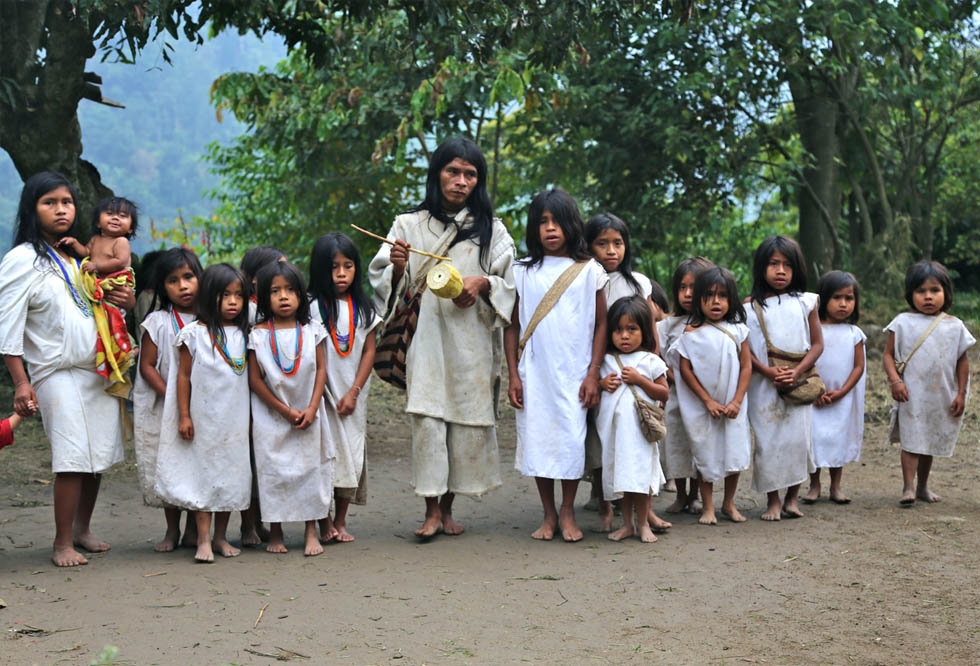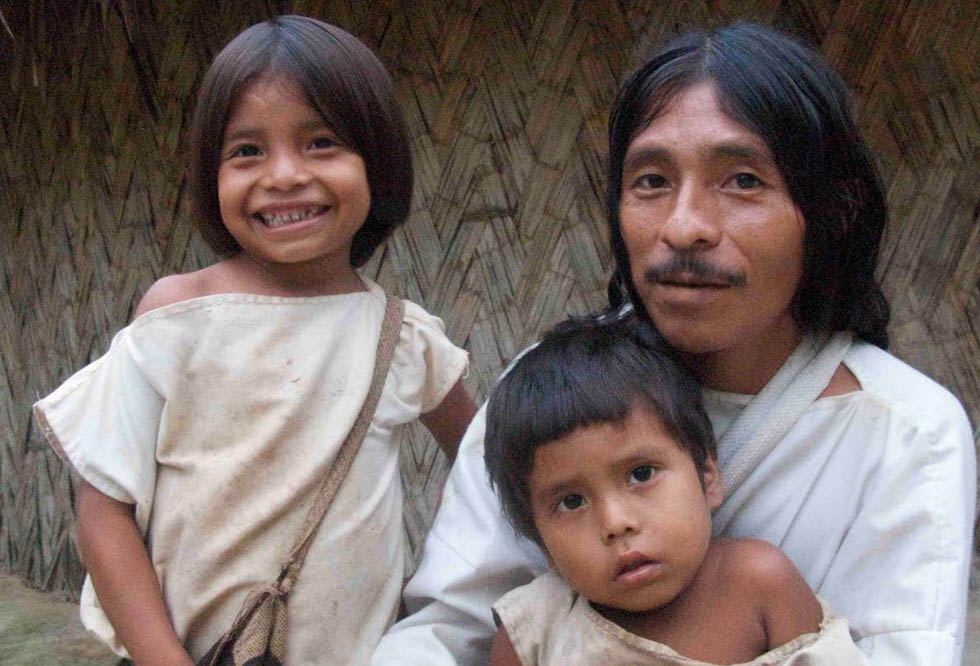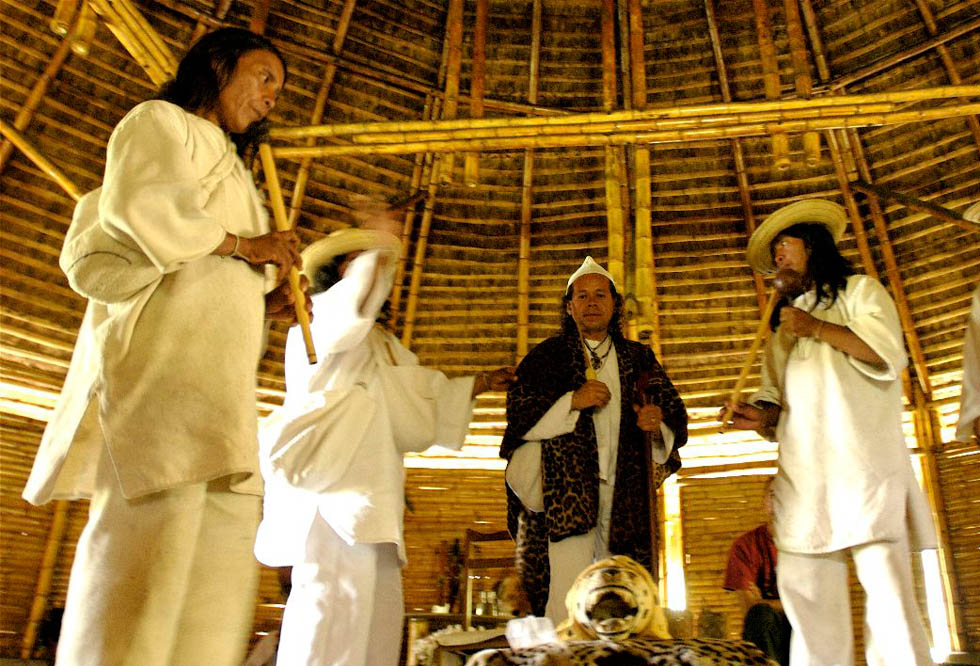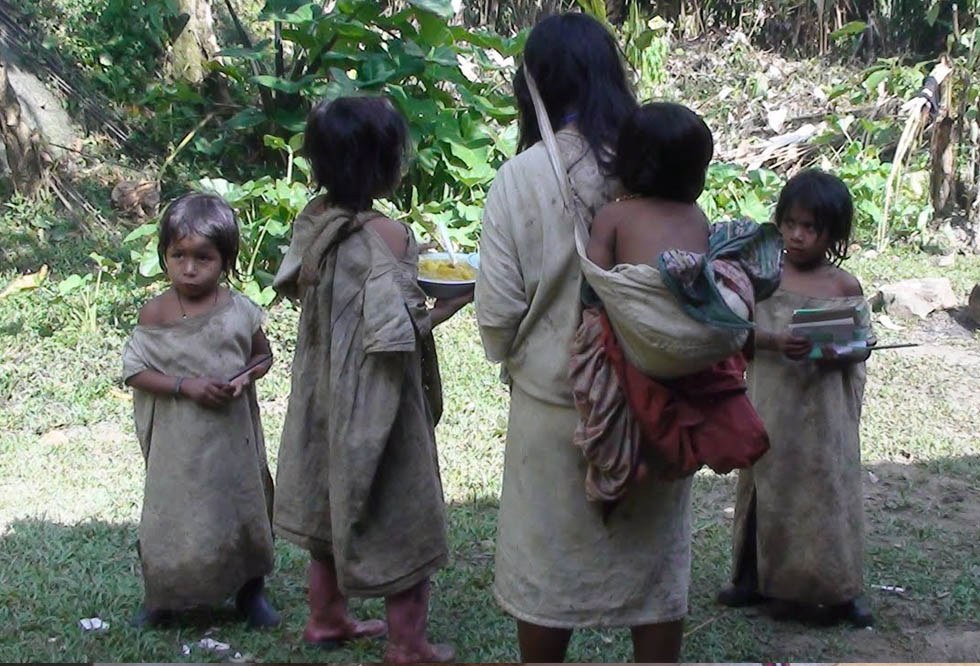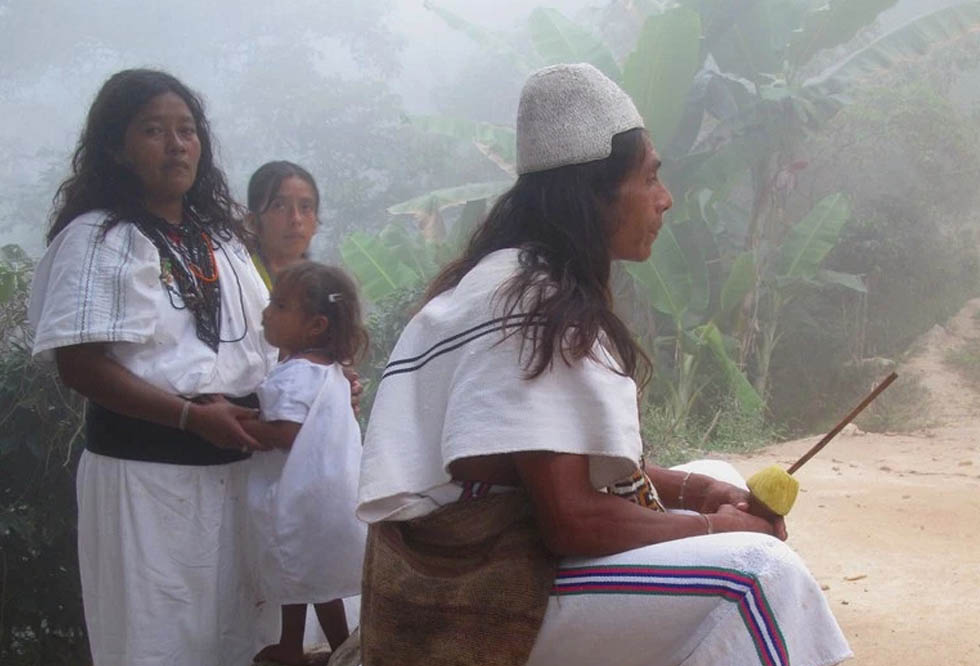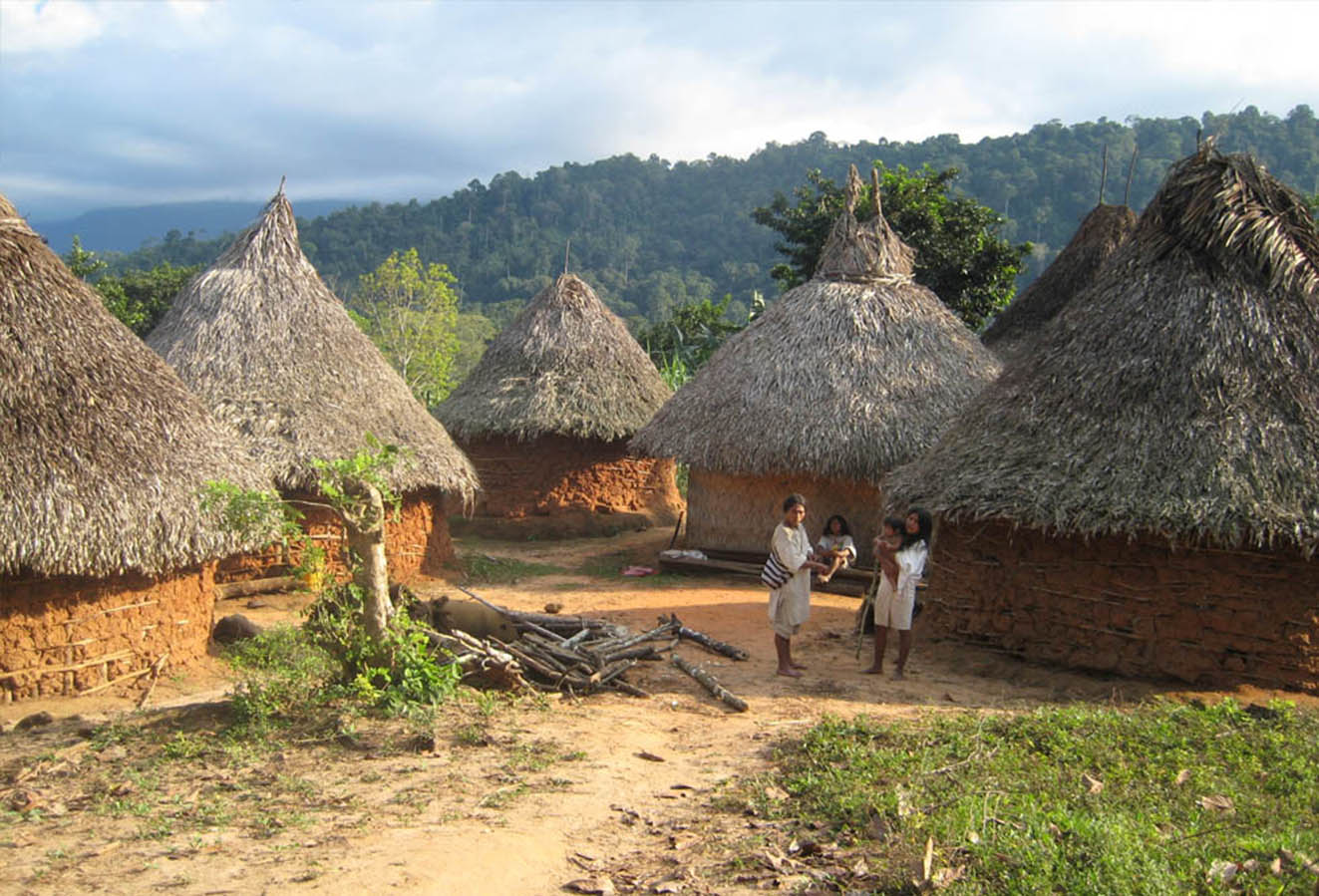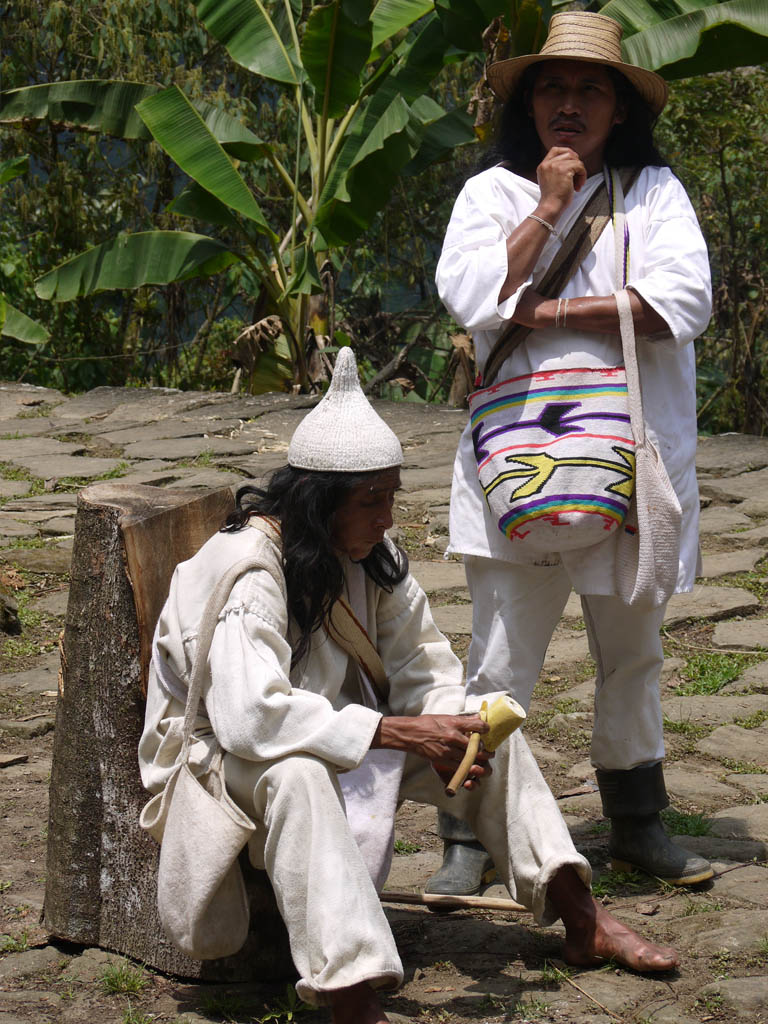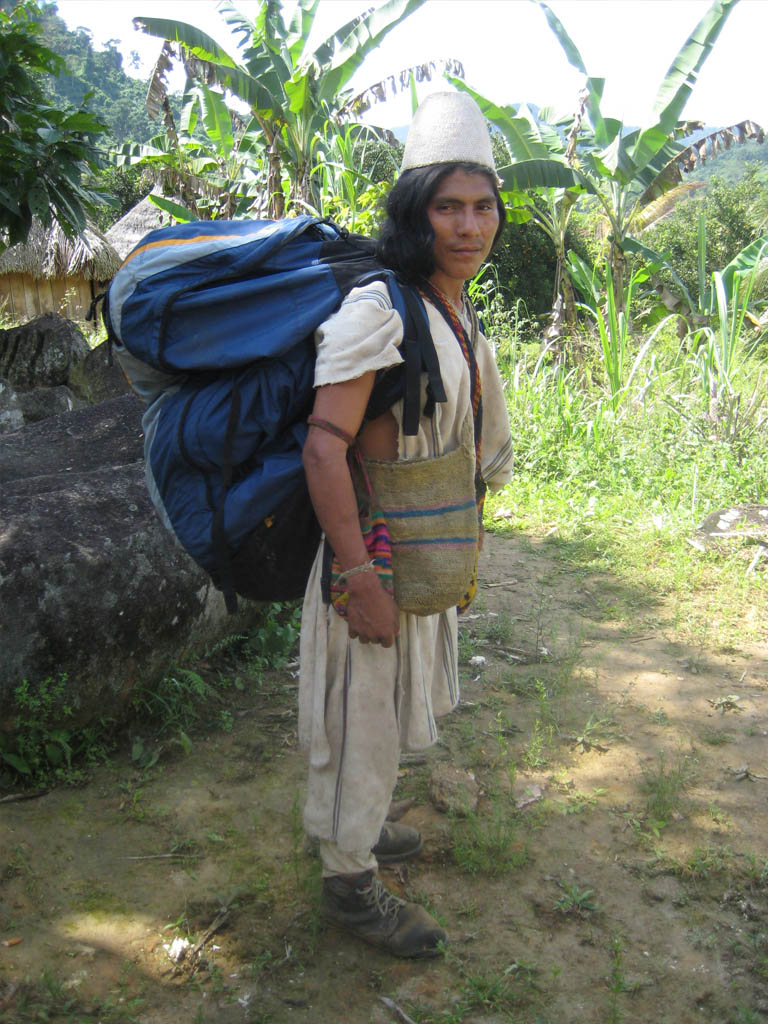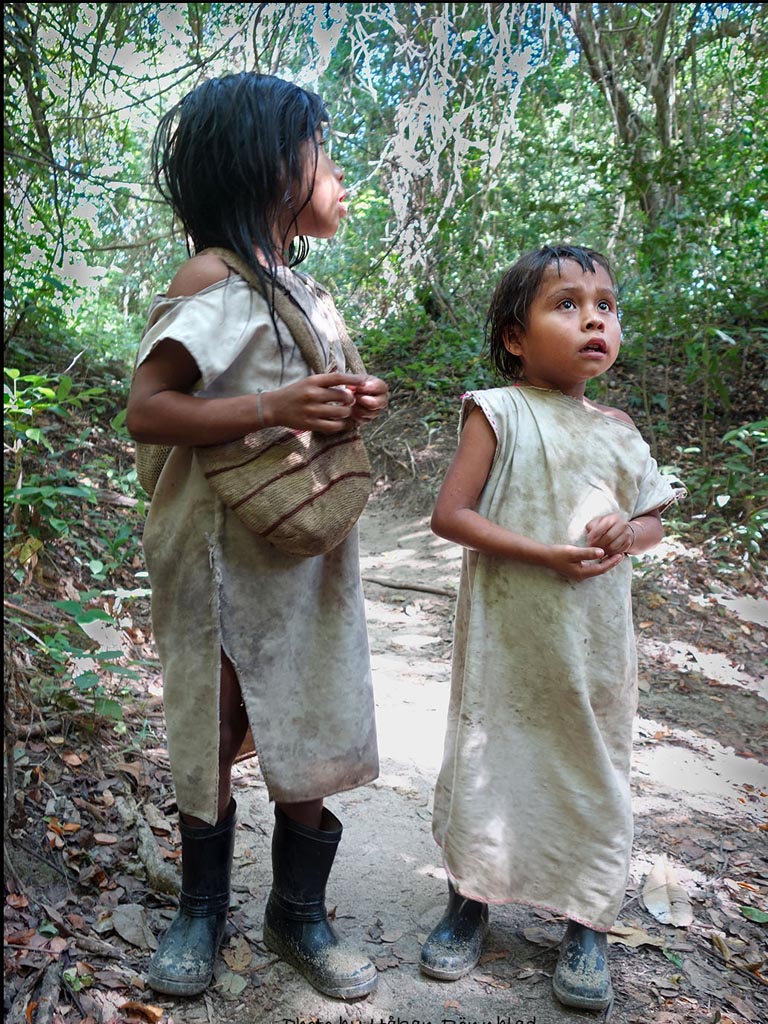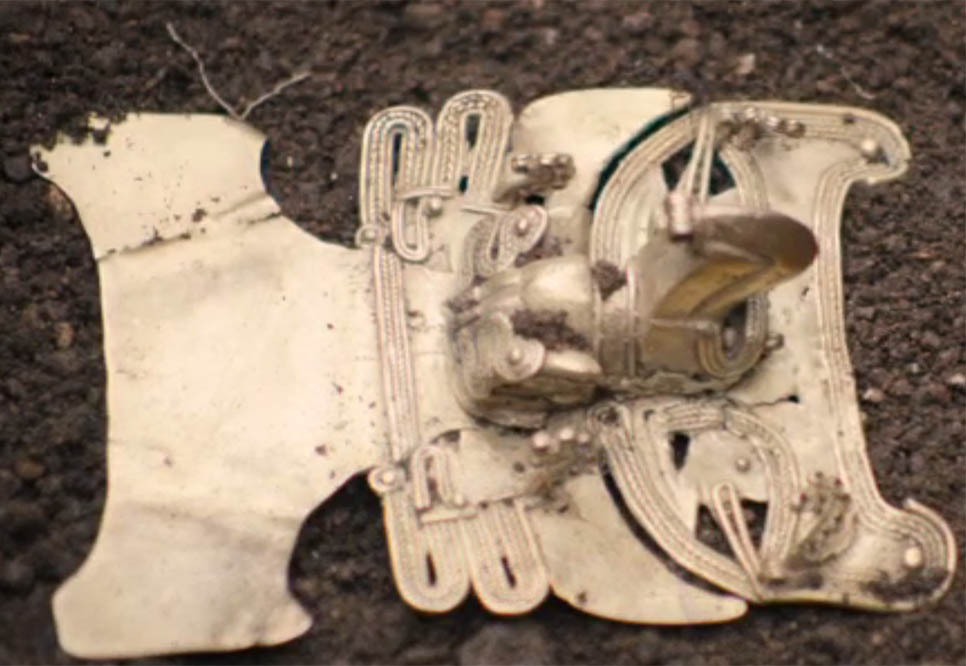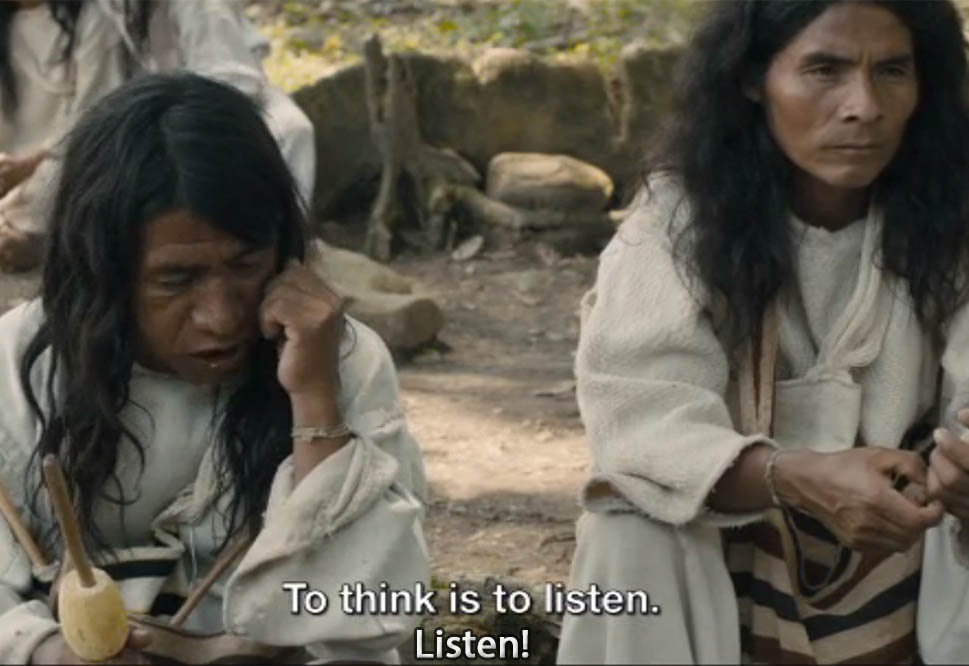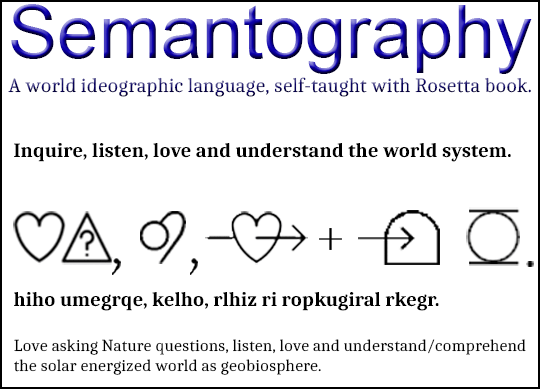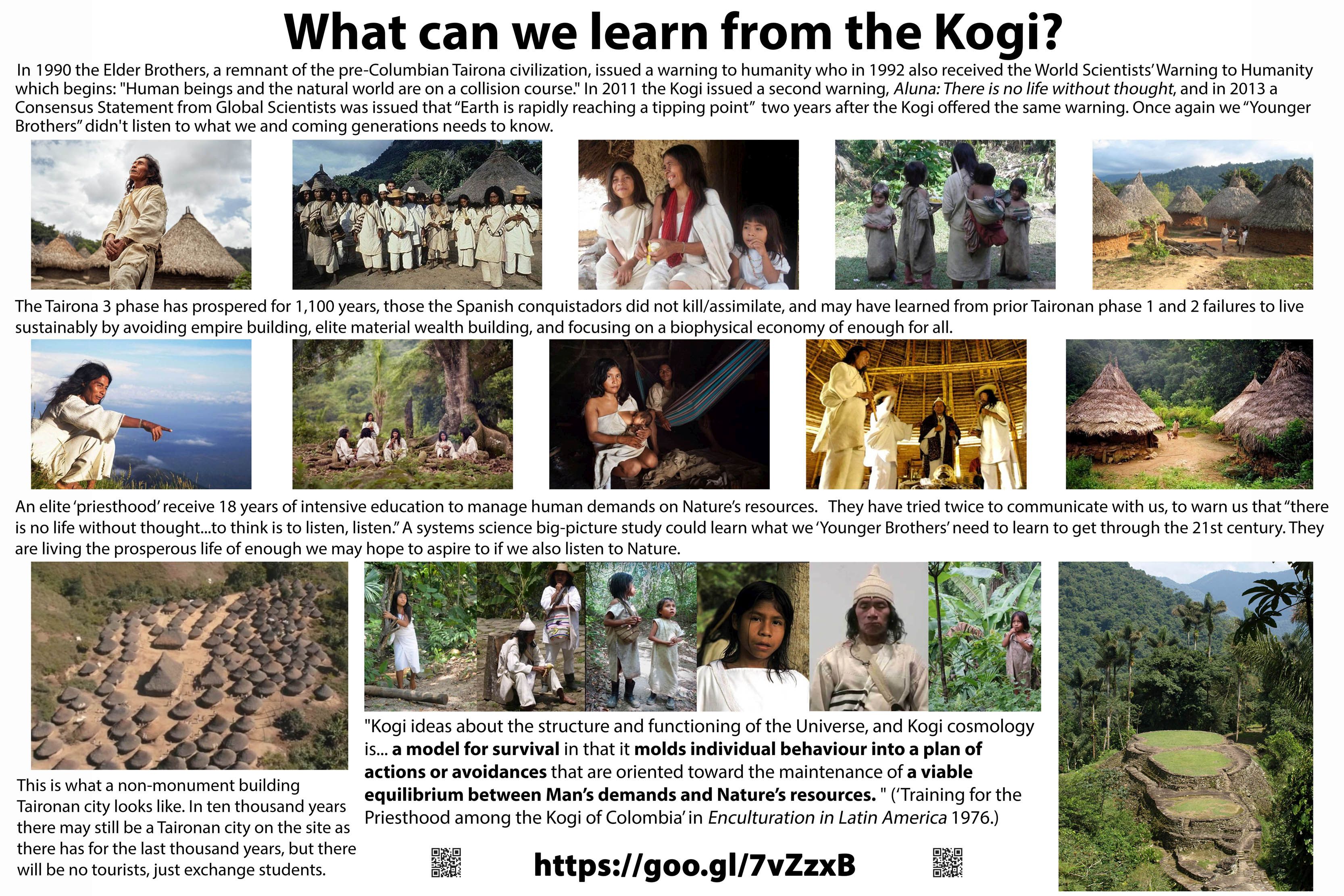
WEDNESDAY, MAY 31, 2017: NOTE TO FILE

The Kogi Project
Can we learn about real solutions from these people of place?
Eric Lee, Sue Lee, A-SOCIATED PRESS
TOPICS: KOGI, TAIRONA, FROM THE WIRES, SUSTAINABLE HUMANITY AND THE BIOSPHERE
Abstract: "Eventually we'll have a human on the planet that really does understand it and can live with it properly. That's the source of my optimism."— James Lovelock (who considers an 80% die-off of humans in the 21st century possible/likely and is one of a few who maybe knows enough to have an opinion). The Kogi have been managing a complex agrarian society for eleven hundred years sustainably. We could and perhaps should learn from these people if we want to live long and prosper as a species.
TUCSON (A-P) Let's think about people that can live on the planet properly. Perhaps we already have a world with such people on it. If so, no greater science project would be worth more effort than to learn from those who may understand and know how to live on Earth properly. Those who learn the hard way (those who managed to become ancestors) may know things about how to live in Nature until they forget them when prosperous good times roll. Such indigenes who remain today may know things, but few are living outside industrial society with culture intact. The few who may be fighting illegal logging as 'civilization' encroaches or are otherwise endeavoring to survive, but we do not need to know how to live the tribal life in Nature as hunter-gatherers. There are too many of us for that (about 7.4 billion too many) and too little Nature left. We need a managed transition to descent as the complex society (aka civilization) we still are, or endure chaotic collapse as usual with the vast lost of information that would involve (90% - 100% as usual). If there are no people of advanced former civilizations who have learned how to do so, then there are no contemporary humans to learn from. We will have to relearn the hard way as usual and maybe 'pass it on'. The 'if there are no people' to learn from is worth questioning. Could there be a remnant population of a prior civilization (a managed complex social order of thousands well above tribal organization) whose predecessors had overshot environmental carrying capacity, perhaps more than once, to pulse to some height before the fall, who yet managed to surmount the learning curve and thereby avoid dissolution? Agriculture has provided the means (energy) to grow empire (about a hundred in the past seven thousand years), to pulse, to rise and fall, to perhaps develop writing yet leave no literate among the survivors who, when environmental resources recover, pulse again to repeat the pattern. Are we merely the first to repeat the pattern on a global scale? Have any agricultural societies managed their social order in such a way as to maximize empower over the long run by not degrading their environmental resources (life support system) to maximize short-term wealth and power for elites? If there has ever been such a society it would not look like an empire. It would not indulge in conquest nor monument building to give the commoners something to do to serve elite interests. Distant elites, living in their temples and palaces, would not make excessive demands on outlying agro-commoners and the environment to pay 'tribute' and thereby force them to over exploit environmental resources sooner than they likely otherwise would. When agriculture allowed humans to live in fixed populations numbering into the thousands (even tens and hundreds of thousands), empire-building ensues, always has so far, and if empire-building is the default response to agricultural abundance (for a time), or in our case fossil-fueled abundance, then the only non-empire-building civilizations that may have evolved would have to be ones that learned the hard way to avoid predecessor mistakes (i.e. empire-building). So if there were a remnant population of a sustainable civilization, they would not be obvious to us empire builders. They may be superior to us as ecolate people, but not have superior technology to impress us with and so may not appear 'civilized' or 'advanced' like we fancy ourselves to be. That such a civilization might exist may seem like pointless speculation bordering on new-agey feel-good sci-fi. There may, however, be one candidate for a remnant civilization of people that includes highly trained individuals who understand their environment and have learned to 'live with it properly', who so far have only attracted enthusiasts (through no intent or fault of their own). Such people should be given serious attention by the community of those who would rather know than believe. If there is even the slightest chance that we have something to learn from them about proper living, then no effort would be too great to learn from them. We need not learn the hard way at risk of our dissolution. The short of it: the Tairona were a Pre-Columbian civilization in the region of NE Colombia who traded with the Aztecs and Mayans. The Tairona civilization began 1900 BP (Before Present or 50 CE) and pulsed 250-350 years later as an empire builder. The Tairona 2 phase pulsed again 300-400 years after the phase 1 collapse or 'transition' per a second bout of empire-building as usual. Per oral history, some among the remnant phase 3 population were able to 'think about it' and devise a social system (and a managed agro-ecosystem) to avoid repeating the pattern. A population of thousands exceeds Dunbar's number and so social hierarchy arises, meaning that there are elites, but they are not material elites (such as we think of) demanding evermore. The needed information/teaching to survive and prosper within limits was passed on to intellectual elites who received 18 years of training before beginning their on the job training to serve the environment and the humans who depend on it. Their education is ongoing until death or incapacitation. The Tairona 3 phase lasted 750 years before it was largely destroyed by the Spanish conquest. All of the lowland Taironans were killed or became mestizo bearers except those who escaped to join the highland Taironans where many quietly starved rather than be shot or ripped apart by Younger Brothers' dogs. Of the highland Tairona, two complex societies were subsumed, but one, the Kogi, was not. They retained their culture, number seven to ten thousand (or more) and are not living the tribal life. The Kogi elites-by-merit are called mámas and are classified as a priesthood by anthropologists. They have been paying attention to the environmental changes within their 'Heart of the World' and they do travel outside to observe the planetary destruction that 'Younger Brother' is presiding over. They have made two attempts to warn us. The Kogi mámas are observational human/environmental ecologists. Among the Younger Brother quasi-mámas, systems ecologists are among those best able to understand the concerns these people have. While there is still time for us to learn and Kogi mámas to learn from, scientists need to start by giving these people the consideration they may merit. They may merit no attention, but if they do, what we might learn from them may be a matter of survival for them and us. We don't need to go to the Moon again or devise a bigger bomb. We need to, in terms of scientific talent, put together a Manhattan Project/NASA level endeavor to learn from these people, if only on the off chance that they have critically important information, by way of their example (as distinct from their words), to share. Today's Kogi have been apparently living the sustainable life of prosperity (we need to descend to) for 1,100 years despite Younger Brothers' efforts to destroy them. That we might have something to learn of vital importance, namely that it is possible to say no to empire-building, to the ideology of EVERMORE!, to elite interests, and descend to a prosperous life of enough, is a non-trivial claim. The cost to find out will be a fraction of the cost that going to the Moon was or going to Mars will be—less even than Americans spend on beer in a year. Scientists, not more New Age wannabe gurus, need to watch From the Heart of the World: The Elder Brothers' Warning and then Aluna: There is no Life without Thought. Also consider another video of Kogi mámas as primary sources. Then perhaps two articles of my typing: The Tairona: An introduction to a possible history and The Other Kogi: A Tairona-like alternative future 2030 to 2490. The Tairona article includes a link to ‘Training for the Priesthood among the Kogi of Colombia’ from Enculturation in Latin America - an anthology. 1976. I bought the book and typed the chapter to post and share as it is about the only scholarly information available on the Kogi mámas and their thought. The neglect since should be considered an academic scandal or would be if we were not so inecolate as to fail to even consider the possibility that we might have things to learn from the Kogi. That we didn't and still don't have a clue is the academic scandal. We of the current growth empire don't want to hear what these people have to say. The Universe, however, doesn't care what we want or like or don't like. We need to listen to these people and then listen to and learn from Nature as they do. The Aluna Project (or other name) needs to be organized and made to happen ASAP. Maybe a systems scientist or public intellectual would endorse the project or Scientific American would publish an article to spread the idea that research is needed. If necessary, crowdfund the research project. First send in a team of linguists to learn their language with a view to teach it to Younger Brother scientists and scholars who may be allowed by the Kogi to learn from them. If the Kogi agree, a research center can be installed, perhaps prefab, nearby as the linguistic issues are dealt with and the teams of systems ecologists and assorted biophysical scientists and social scientists are assembled. This would be an appropriate response by Younger Brother to the Kogi mámas' endeavor to communicate with us. The Kogi and their environment have to be understood holistically, hence the project needs to be under the overarching guidance of systems scientists for the same reason the Manhattan Project had to be by physicists. This cannot be an anthropological outing. These people and their society are a subset of the environment. They know this. Social scientists think humans matter. The Kogi know they are the environment, that the world system is what matters. Systems scientists know this. Social science will be a subset of the endeavor to learn about these people and their ecolate lives. Hopefully an Oppenheimer of systems science will be forthcoming. The study needs to be as all inclusive as possible. A team of historians, for example, needs to spend quality time learning from the Máma of History (they have one or more as all information is orally transmitted). Obviously biologists, agronomists, mythologists, anthropologists, biophysical economists, emergy analysts..., and astronomers to assess the Máma of Astronomy's understanding of how the heavens go will be required (and, yes, these are ecolate people who may not have much to teach us based on their observational astronomy and don't expect any insights into xn + yn ≠ zn, n>2). And don't forget to add a few philosophers, IT specialists, and cognitive scientists. This needs to be a big-picture science endeavor with attention to details. All Kogi, from children up, should be individually assessed and listened to, all 7-20 thousand of them (we don't even know how many). What they say in words will be of interest and contain information, but their everyday life and how they live it will speak louder and be of greater value assuming their environment, our Mother—Aluna is also listened to. Include a poet on the team to recognize and explain metaphor to the cognitively impaired sciency types over represented on the team. E.O. Wilson's Consilience would be required reading. Over the entrance to the research center will be a plaque: 'We can learn from these people'. That's the message Younger Brother needs to get and any scholar who doesn't think so can go teach a graduate seminar somewhere in a big city with lots of cars buzzing about (for a time). To repay the Kogi, those who have taken their lands value money and for a price will move on and away to consume elsewhere for a time. Create a fund to depopulate former Tairona lands and remove debris (e.g. coal-fired power plants) or otherwise aid the Kogi in environmental restoration. Maybe a billionaire will buy the nearby open-pit coal mine and close it down, converting it into a museum after it is filled with the debris of our civilization. If the heart of the world can be repaired, the work can expand out from there and Younger Brother will have job security for centuries to come. Envision a research center with a plaque over the entrance. Make it happen in the near future. This is not just another feel-good delusional proposal to save the world. It could be made to happen and real solutions could be forthcoming.
"Kogi ideas about the structure and functioning of the Universe, and Kogi cosmology is... a model for survival in that it molds individual behaviour into a plan of actions or avoidances that are oriented toward the maintenance of a viable equilibrium between Man’s demands and Nature’s resources. In this manner the individual and society at large must both carry the burden of great responsibilities which, in the Kogi view, extend not only to their society but to the whole of mankind." (‘Training for the Priesthood among the Kogi of Colombia’ in Enculturation in Latin America 1976. Emphasis added.) Younger Brother mámas have "ideas about the structure and functioning of the Universe," called science. We also need to maintain a viable equilibrium between "Man's demands and Nature's resources." This is Ecolacy 101 (human systems ecology) of which few Younger Brothers know anything, let alone enough to mold human behavior into a plan of action and avoidance. The mámas of the world need to unite, to work together so we and the world as we know it does not die. Kogi mámas may be elite fascist insects that prey upon the blood of the common people, a priesthood of hypocritical, delusional pundits lording over the peasants by force of mere eloquence. Why should they be different? But maybe they are. That's why we need to find out, to maybe learn from these people because, for the price of an effort, we could if we would. Believe nothing. Listen and iterate towards knowing.
|
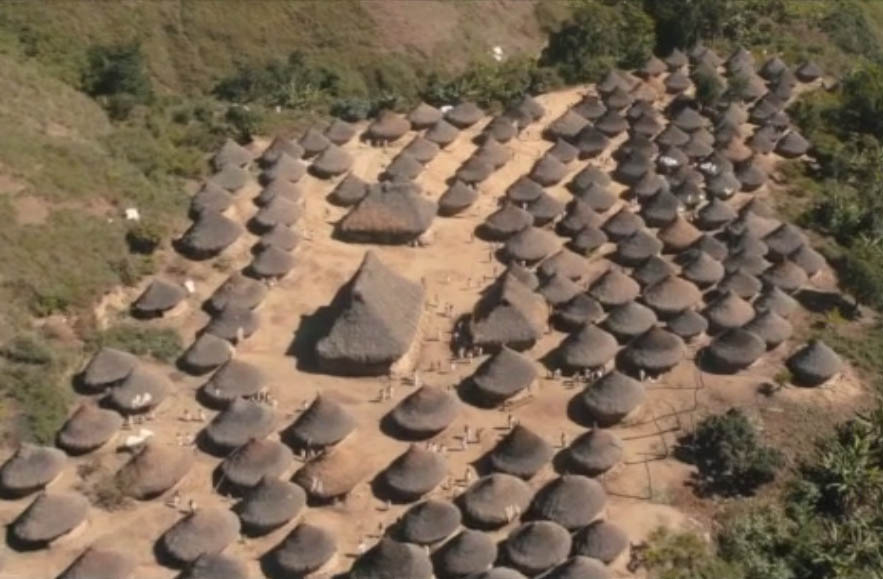
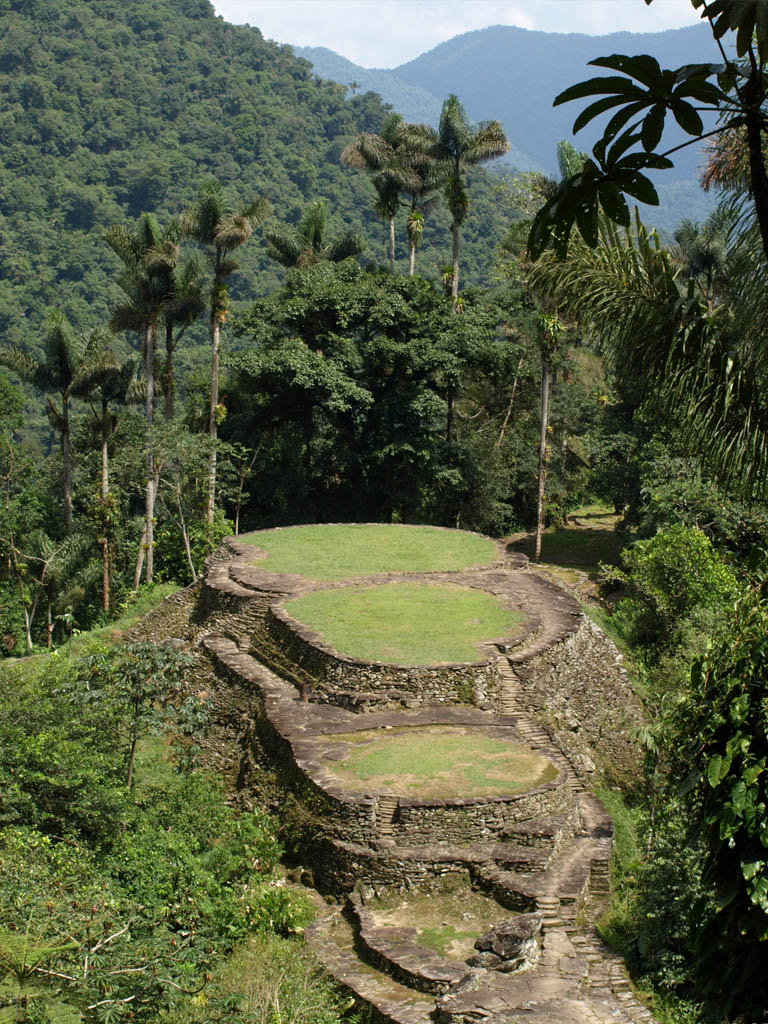
|
A rough-cut of Aluna was shown and the Kogi women had a message [bracketed translations are to aid in male comprehension]: "Our message is not only for people here [in Colombia] but people all over the world. You don't have to abandon your lives, but you must protect the rivers [the planetary life-support system]. When a baby is born, the Mother [Nature] is rejuvenated. A daughter is like the Mother [more so than a son without special education]. She is the guardian of the Mother. The Mother is the owner of everything. All the rivers, all the mountains. Without women, daughters, who would guard all of this? [Women are biologically disposed to be nurturing Earth Guardians, they intuitively get the need to be guardians and so don't have to think about it all the time]. When a baby is born you must have good thoughts. Teach the example of others who have lived well. If we don't teach this baby anything he will not know how to think. This baby will teach the next generation. She will carry on the thread [connections]." [She will teach us to understand the interconnections that enable humans to live well on the planet properly with all other life. We need to 'get right with Mother' and women must be the basis of the human endeavor to do so, and to any Federation alternative to Business-as-usual.]
What a máma might say to an Anthropocene enthusiast: 'Don't like the way we live? It works, young'n, and we are not likely to end up eating each other. Most of the men of your industrial society need a 12-step program. They need to join Testosterone Anonymous and get over their dominant alpha-male, competitive, chest beating, exploitation shit. Have you no mámas? If yo Mother [Nature] ain't happy, ain't nobody happy.'
